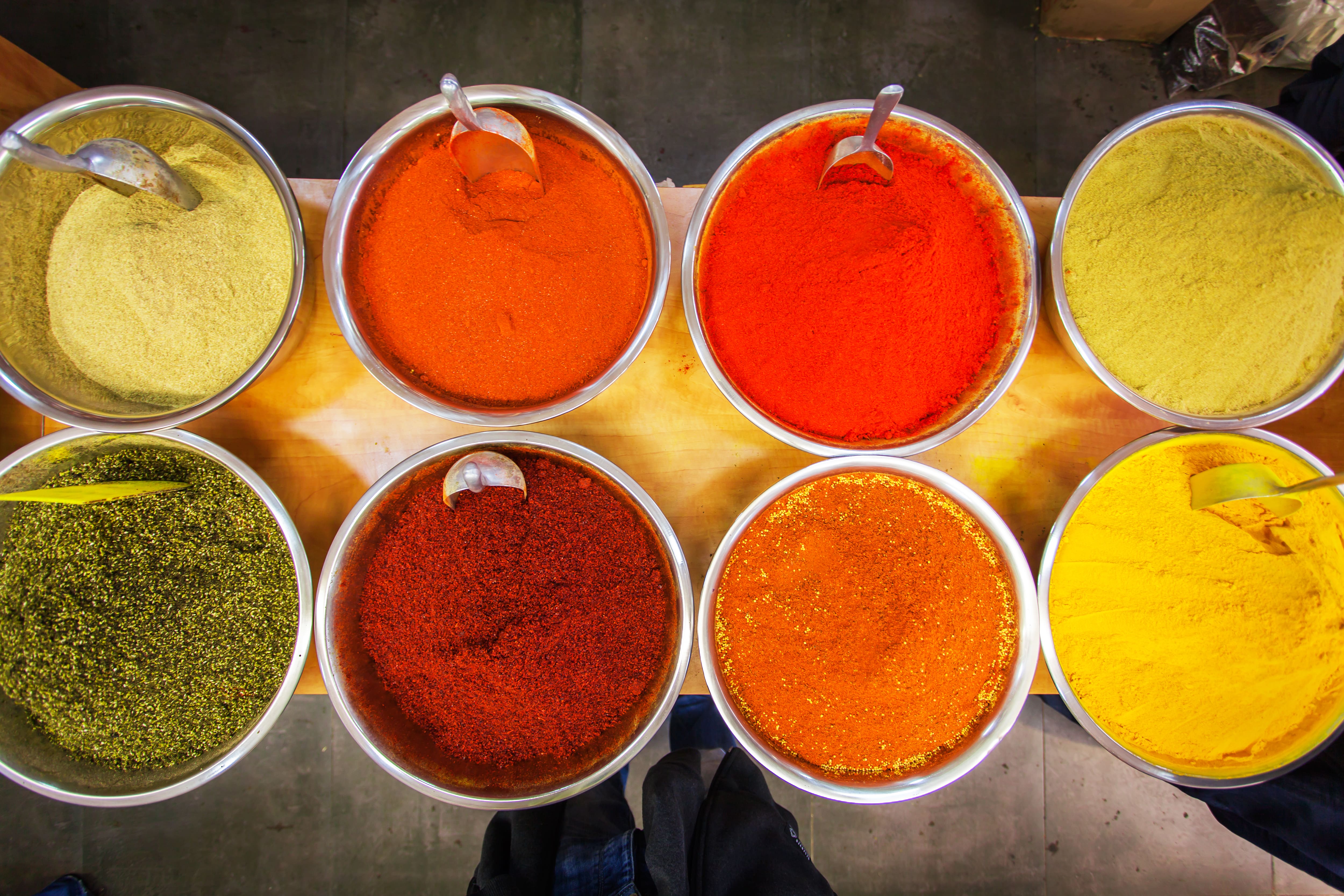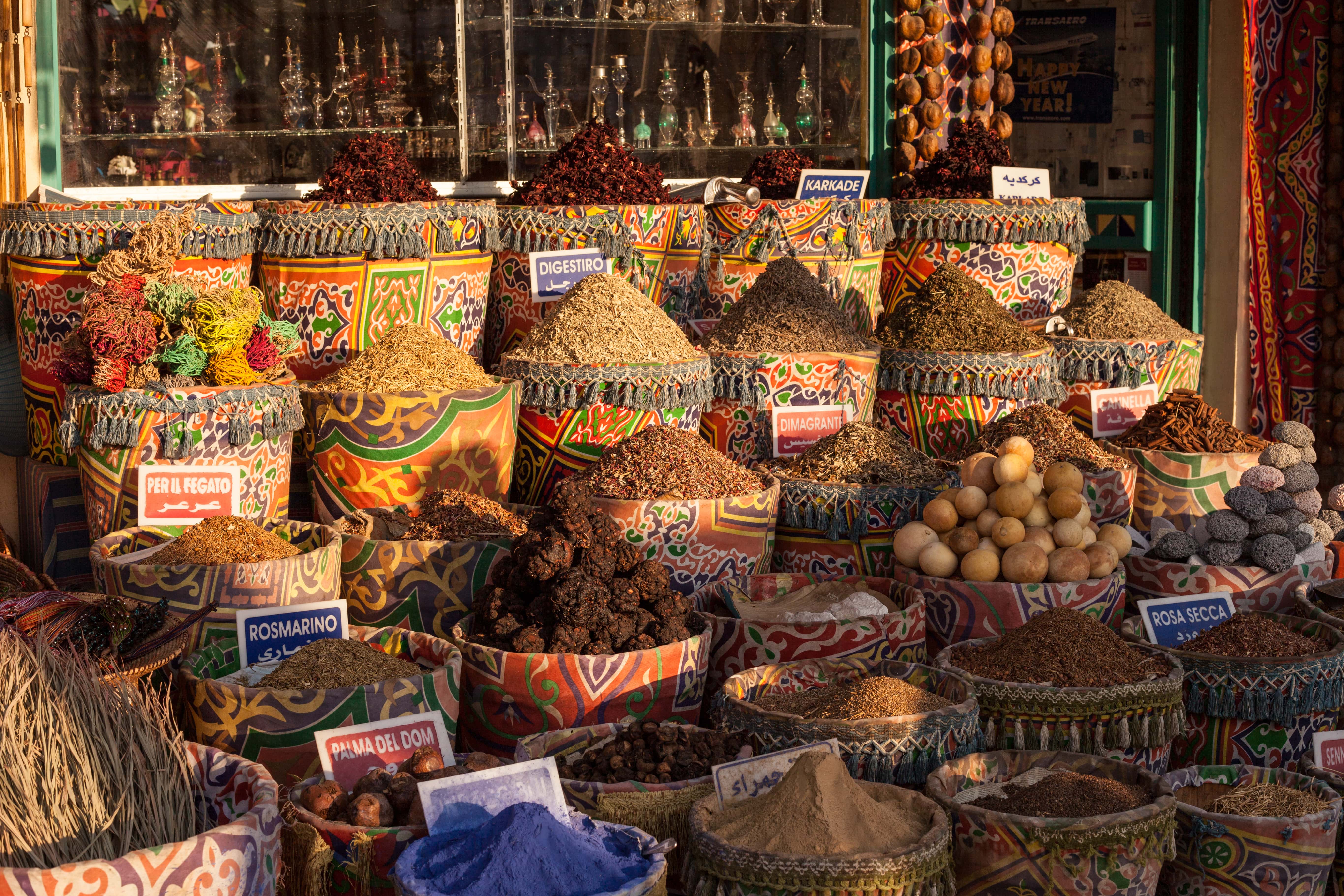COVID-19 Market Report - The Middle East & North Africa, Turkey
Border Restrictions
Within the MENA + Turkey region, Iran has the largest number of COVID-19 infections by far. As a result, many countries have closed their borders with Iran, practically halting exports. Agricultural products can only be transported by railroad, but limitedly. Besides the border to Iran, Turkey has also closed its borders with Iraq, for exports and imports as well. The Iranian border closures significantly hamper trade in the region, as much of the export and import destined for Russia, Central Asia, and Southeast Asia are transported through Iran.
Most countries in the GCC, like Saudi Arabia, have closed their borders for travelers, but are still open for trade. The same goes for Tunisia and Algeria, which have temporarily closed their land border upon a mutual agreement to contain the virus and suspended sea, air, and land transport except for some trade. Morocco has also suspended non-cargo air, sea, and land transport.
Logistics
In Morocco, International Road Transport (IRT) prices are increasing due to restrictions implemented on population movements. However, the ports are still open and significant delays have not been noted yet. The situation is similar in Saudi Arabia, which keeps all of its ports open as well but has noticed some disruptions in shipping lines. The country has recently established a new direct route with East Africa, which could help to secure essential goods during the current situation.
Tunisia has closed the shipping line with the Italian port of Genoa until further notice. Trade between the country and Algeria has also been slowed down due to closures of certain land posts and increased inspections.

A lot of Turkish companies are reporting difficulties in accessing empty containers for trade. One of the largest shipping companies announced a USD 100 price increase for 20 feet containers and USD 200 for 40 feet containers, which could lead to a 5-25 % increase in freight prices of Turkish exports depending on the destination.
Traders note that the increase in logistic costs has still not been reflected in market prices and that they expect the effects to impact consumer prices within the next 2 months. Additionally, delivery length has been prolonged from 60 days to 180 to 270 days because of less availability of supply and shipping lines.
Turkey has largely closed down the borders to Iran for travel and export. This creates a significant problem for Turkish exporters as Iran is an important gateway for Turkish exports to reach Middle Eastern markets. Approximately 50 % of Turkish exports to the Middle East go through Iran. Fresh vegetable exports to and through Iran are now stuck at the Turkish city of Mersin. As an alternative, the Ministry is now redirecting food and fruit exporters to a railroad that uses the station in the city of Van as a loading station. The only exports allowed through Iran are food and fresh fruits. Currently, a 40-car freight train is operating on this railroad but the authorities are working extensively to increase capacity by increasing the car number to 60 and freight train number to 2.
Furthermore, Turkey has also closed down the borders to Iraq for all travel and exports. However since there is a buffer zone at the border, Turkish companies are switching to Iraqi drivers at the border to keep the flow of goods going. However, this still creates congestion and slows down traffic at the borders. Exporter associations are trying to increase daily truck volume at the Iraq border to 1.5K – 1.7K commercial trucks per day from the Turkish side. Turkish exporters have emphasized the significance of Iraq as a trade destination for Turkish goods, underlining that Turkish companies export approximately USD10.2 billion worth of goods annually to this country.

Regulations
To ensure a fluid flow of agricultural products and stability in prices in Morocco, the supply to medium and large shopping centers will be sent directly without going through the wholesale markets/distributors.
Also, the Moroccan government has suspended the customs fee on all soft wheat imports until June 15th.
Algeria has decided to ban the exports of the following products: semolina, flour, pulses and sweetbreads, pasta, oil, sugar, coffee, mineral water, tomato paste, dairy products, vegetables and fruits, red meats and poultry.
Turkey has halted exports of lemons until August 2020 due to the rising demand, as it is known for its health properties, but the ban will not include other citrus products such as oranges and mandarins.
Influences on Exports & Imports
Turkey’s exports to EU countries have been negatively affected, with exports decreasingby 10 % in total since the emergence of COVID-19. The export turnover went downdramatically for exports to Italy (-24%) and Spain (-27%). Turkish pasta manufacturers have temporarily suspended exports as well in order to accommodate the increased orders coming from the domestic market.
Turkish exporters are looking to redirect some of its export flow to the Russian market which has banned imports of Chinese products. Turkish citrus fruit exporters are especially hopeful, noting that they not only expect the trade volume to increase but also the prices of their products. Russia has normally imported citrus fruits from China at USD 1,000 per ton and USD 750 per ton for Turkish products. Now, Turkish exporters are now hoping that the prices will increase to the level of Chinese products and they are also actively seeking to expand their sales to the eastern part of Russia which has previously been dominated by Chinese citrus fruits.
Turkey is expecting a strong uptick in prices of imported wheat as the price of wheat has increased due to strong global demand. The Turkish Grain Board (TMO) has recently purchased 175K metric tons of imported wheat to ensure availability in the domestic market. The purchase price is reported to be at a minimum of USD 237 per ton (CIF). On the other hand, Turkish importers will have less interest in other grains such as barley and corn, as they have lower demand in the domestic market.

In Morocco, however, exporters are using the decreases in exports to European countries such as Spain and Italy to their advantage. Tomatoes, zucchini, peppers, eggplants, oranges, and mandarins are expected to benefit from this. The prices of these products are higher in the export markets: in the Netherlands, for example, orange prices increased by 30%, from EUR 1.00 to EUR 1.30 per kilo.
However, imports of certain highly-demanded products are very low due to shortages resulting from the Chinese border closure in February and March. As a result, imports of tea and garlic are continuously declining and subject to price rises in Morocco, as well as in Tunisia and Algeria, where 25% of imports originate from China.
Domestic Supply & Demand
Although most countries have witnessed some panic buying in response to the virus, most MENA countries have reported that there is plenty of domestic supply considering the circumstances.
Turkey reports some considerable demand increases as a result of panic buying. Most notably, the demand for pasta, rice, and legumes has quadrupled in recent weeks, whilst the demand for flour and vinegar (considered to be a disinfectant by consumers) has also increased fivefold.
In general, food demand has increased by 50% in retailers in the last 2 weeks. Thedemand for milk and other dairy products have increased by 42 %, 33% for charcuterie products, 29% for fish, 30% for fresh produce, and 34% for meat and poultry products.
Click this link to go to the main page of COVID-19 Reports


